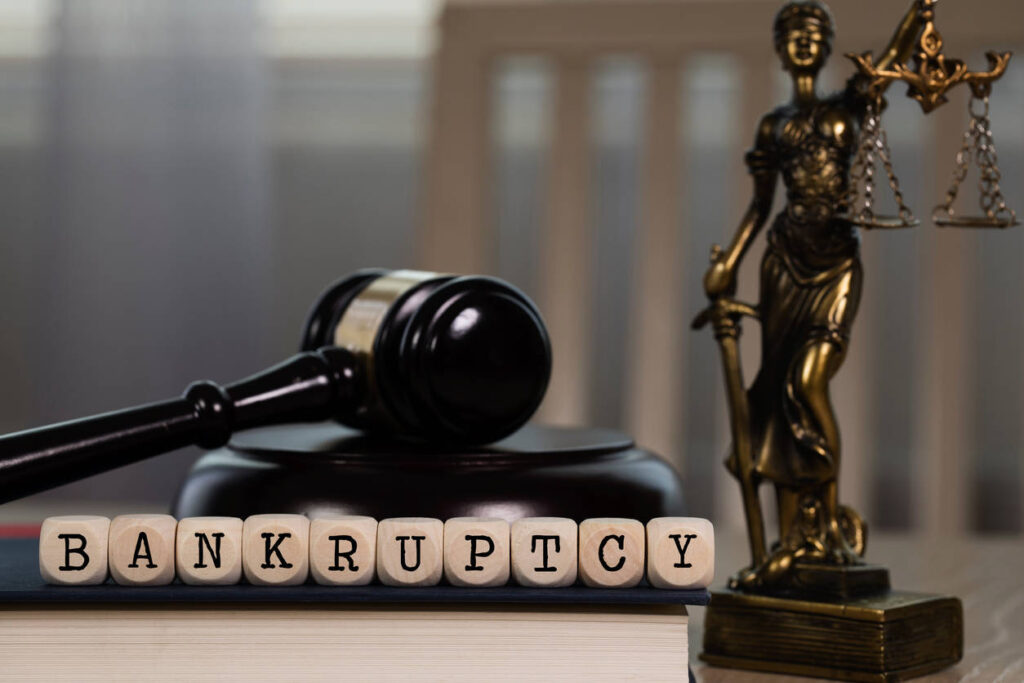Bankruptcy Terms
Many terms and phrases are used in reference to bankruptcy that are not typically used elsewhere or have special meanings specifically related to bankruptcy. Here is a list of common words and phrases you may see or hear in a bankruptcy case.
Assets – An asset is your property, or things you own, such as real estate, vehicle, household furnishings, or bank accounts.
Automatic Stay – The automatic stay is an injunction that prevents creditors from taking collection actions against a debtor, including vehicle repossession, foreclosure, lawsuits, and wage garnishment. In most cases, the automatic stay takes effect the moment the bankruptcy case is filed, but there are exceptions. A creditor may ask the Bankruptcy Court to terminate the stay.
Bankruptcy Chapter – The most common chapters of bankruptcy are Chapter 7, Chapter 11, Chapter 12, and Chapter 13. “Chapter” refers to the portion of the Bankruptcy Code under which a case is filed.
Bankruptcy Code – A common name for Title 11 of the United States Code which is the federal bankruptcy statute.
Confirmation – Bankruptcy Court’s approval of plan in a Chapter 11, Chapter 12, or Chapter 13 case.
Creditor – A creditor is owed money, or claims money is owed, by the debtor.
- Secured Creditor – a creditor that holds a lien in an asset or property of the debtor, such a holding a lien on the title to a vehicle owned by the debtor
- Unsecured Creditor – a creditor that does not have a right or lien on a debtor’s property. Most credit card companies and medical providers are unsecured.
Debt – A debt is something you owe such as a medical bill, credit card bill, student loan, taxes, car loan, home loan, or other personal loans.
Debtor – The debtor is the person who files the bankruptcy case.
Discharge – The discharge order provides that you no longer have legal liability for certain debts. However, there are exceptions to discharge, including but not limited to, certain taxes, student loans, and child support. When and if a discharge order is entered is different for each chapter of bankruptcy and whether the debtor is an individual or a corporation.
Disposable Income – In general, disposable income refers to an average of monthly income less certain expenses.
Exemptions – Protection for different types of properties owned by a debtor up to certain dollar amounts, depending on the type of property. An exemption allows a debtor to keep that property from unsecured creditors. Exemptions vary depending on what state in which the debtor lives.
Lien – The right of a creditor to hold or sell property of a debtor as collateral or payment for a debt.
Petition – The document signed and filed by the debtor in the Bankruptcy Court that opens the bankruptcy case.
Plan – A description of how the debtor proposes to pay creditors over a period of time.
Proof of Claim – A written statement with documentation filed in the Bankruptcy Court by a creditor that describes how a debtor owes money to a creditor.
- Secured Claim – Creditor has a lien on the debtor’s property, such as a mortgage on a home or vehicle loan.
- Priority Claim – Creditor does not have a lien or collateral in property but is given different treatment from general unsecured claims under bankruptcy laws. Priority claims often include certain taxes and child support.
- General Unsecured Claim – Creditor does not have any collateral. This type of claim typically includes credit cards and medical bills.
Schedules – Lists of assets, debts, income, expenses, and other financial information filed in the Bankruptcy Court by the debtor at the beginning of a bankruptcy case.
Trustee – A representative, usually an individual, under the supervision of the Bankruptcy Court, who oversees bankruptcy cases, and has responsibilities such as reviewing a debtor’s petition and schedules. The exact duty of a trustee depends on the type of chapter filed. For example, a Chapter 13 Trustee carries out a debtor’s plan by receiving payments from the debtor and disbursing those payments to creditors under the terms of the Chapter 13 plan. A Chapter 7 Trustee may sell property of a debtor and then disburse funds to creditors.
If you have questions about any of these terms and how they would apply to you and your situation, you should contact an attorney.
Filing a bankruptcy case is complicated, and you need an experienced bankruptcy attorney to help guide you through this process. Kimberly S. Ward has been representing people just like you for nearly 20 years in bankruptcy cases in Georgia.
Call 912-764-9616 or contact me at info@kswardlaw.com to schedule your Free Consultation.
Make the first step toward financial freedom!
We are a debt relief agency. We help people file for bankruptcy relief under the Bankruptcy Code. We provide federal debt restructuring help.
